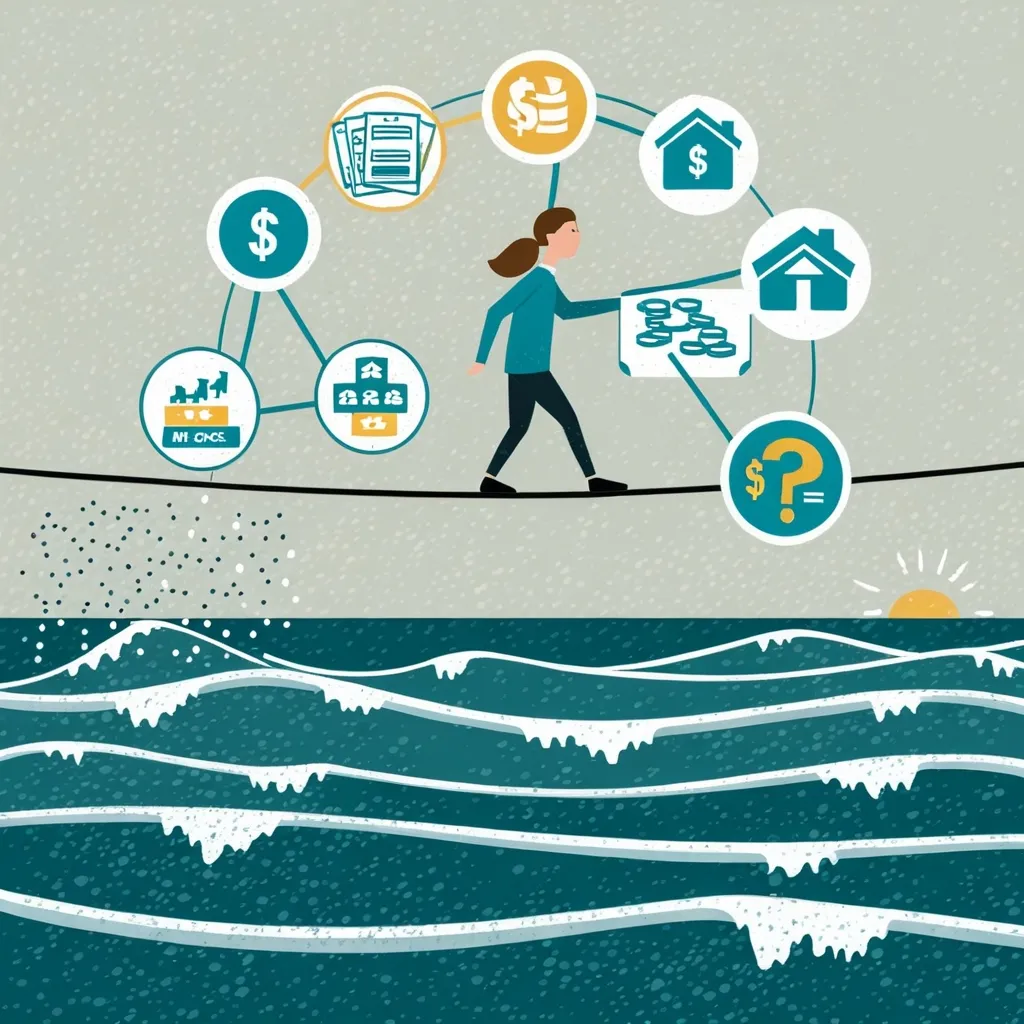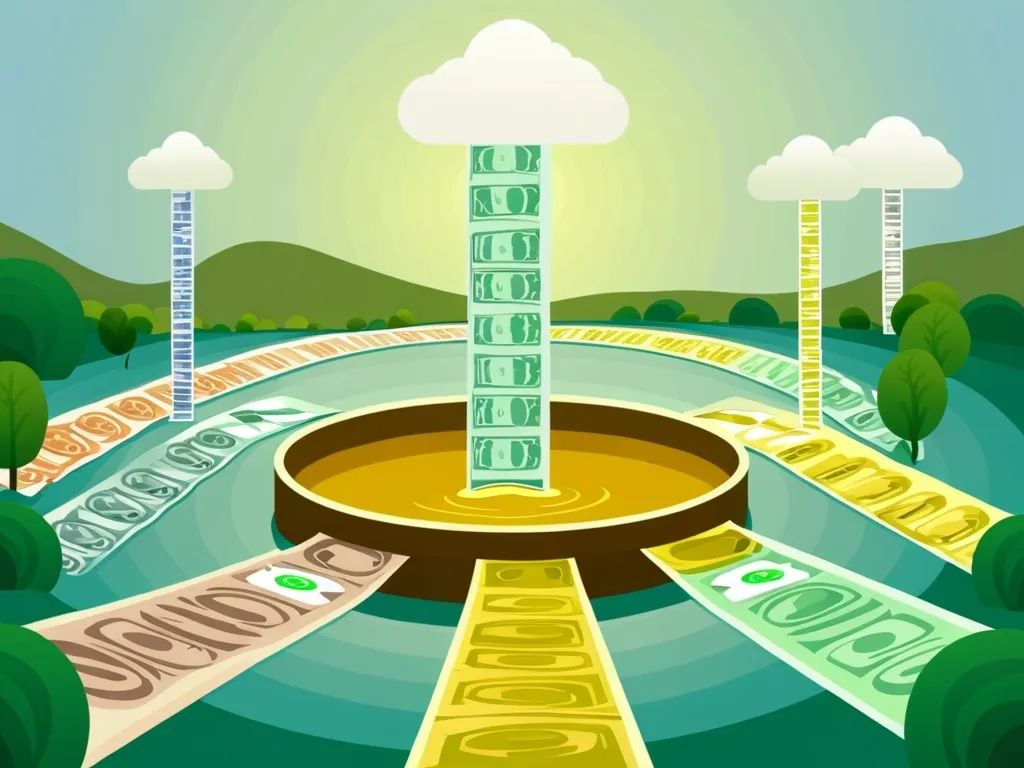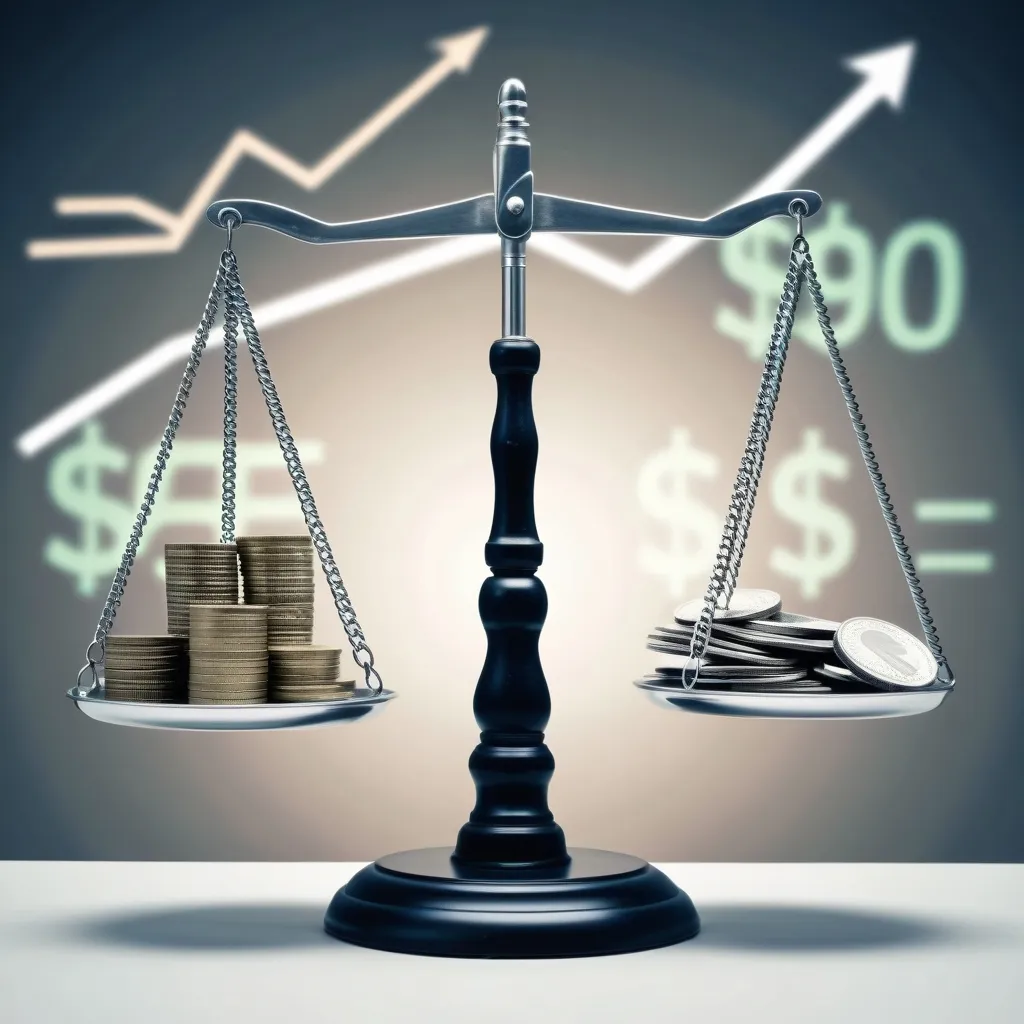Climate change isn’t just an environmental issue anymore - it’s become a game-changer in the financial world. Investors and companies are having to rethink how they approach money and risk in light of our warming planet. But it’s not all doom and gloom - this shift is also opening up some exciting new opportunities.
So how exactly is climate change shaking things up in finance? Well, there are two main ways it’s having an impact: physical risks and transition risks.
Physical risks are pretty straightforward - they’re the direct damage and disruption caused by extreme weather and climate events. Think hurricanes battering coastal properties, wildfires threatening businesses, or floods swamping farmland. These kinds of events can really hit companies and investors where it hurts - in their bottom line.
Take a real estate company with a bunch of beachfront properties, for example. As sea levels rise and storms get more intense, those prime locations suddenly look a lot riskier. The properties could get damaged or even destroyed, leaving the company with huge losses. And it’s not just the real estate firm that suffers - banks and other institutions that loaned money or invested in those properties take a hit too.
Then you’ve got transition risks. These are trickier to pin down, but potentially just as impactful. They come from all the changes happening as we try to shift to a greener economy - new government policies, evolving technologies, changing consumer habits. Companies that have built their business around fossil fuels, for instance, could see their value plummet as clean energy takes over and carbon gets more heavily regulated.
All of this uncertainty is making waves in financial markets. Investors are demanding way more transparency about climate-related risks. They want to know how exposed companies are to both the physical impacts of climate change and the bumpy transition to a low-carbon world. Regulators are catching on too - in the U.S., the SEC is working on rules to make companies disclose their climate risks, following the lead of countries like the UK and Japan.
This push for transparency is a big deal. When investors have a clearer picture of climate risks, they can make smarter decisions about where to put their money. It also puts pressure on companies to clean up their act and adapt to the realities of climate change.
But it’s not all about avoiding risks - there’s a huge opportunity here too. Sustainable finance, which takes environmental and social factors into account, is booming. In 2021, ESG funds were managing a whopping $2.7 trillion. That number is only going to grow as more investors realize that what’s good for the planet can be good for their wallet too.
Green bonds are a great example of this trend. These are investments specifically meant to fund eco-friendly projects like renewable energy or reforestation. They’re becoming super popular because they let investors support climate action while still (hopefully) making a return.
Of course, climate change isn’t affecting all parts of the economy equally. Some sectors are better positioned than others to weather the storm (pun intended). Tech and healthcare companies, for instance, generally have a lighter carbon footprint and could benefit from the shift to a greener economy. On the flip side, energy and materials companies that are slow to adapt could be in for a rough ride.
This is leading to some big shifts in how investors value different companies and sectors. Businesses that are well-prepared for climate change and the transition to clean energy are starting to command a premium. Investors are willing to pay more for companies they think will thrive in a low-carbon future.
It’s not hard to see why. The amount of money needed to tackle climate change is mind-boggling - we’re talking trillions of dollars. That’s a massive opportunity for smart investors who get in on the ground floor of the clean energy revolution.
But let’s be real - investing in the age of climate change isn’t without its challenges. It can be tough to measure the real impact of “sustainable” investments. There’s also the risk of greenwashing, where companies make big claims about being eco-friendly without much to back it up. And because this is all pretty new territory, we don’t have a lot of historical data to help us predict how climate risks will play out financially.
Central banks and financial regulators are stepping up to help navigate these choppy waters. They’re updating their approach to factor in climate risks and leading by example with their own investments. This kind of leadership from the top is crucial for steering the whole financial system in a more sustainable direction.
But it’s not just up to the big institutions - we all have a role to play. As individual investors, we can make a difference by choosing to put our money into companies and funds that prioritize sustainability. It’s not just about feeling good - it’s about aligning our investments with where the world is headed.
For example, you might consider investing in a mutual fund that focuses on ESG criteria. Or maybe you decide to steer clear of fossil fuel companies and instead put your money into green bonds. These kinds of choices not only help fight climate change, but they could also set you up for better returns in the long run.
The bottom line is this: climate change is reshaping the financial landscape in a big way. It’s creating new risks, but also opening up exciting opportunities. To succeed in this new world, we need to understand these changes and adapt our approach to investing.
By supporting sustainable businesses, demanding transparency from companies, and making climate-conscious investment choices, we can protect our financial future while also contributing to a healthier planet. It’s a win-win situation.
As we navigate this shift, it’s crucial to stay informed and be willing to adjust our strategies. The world is changing fast, and our approach to money needs to keep up. But if we play our cards right, we can turn the challenge of climate change into a chance to build a more sustainable and prosperous future for everyone.
So next time you’re thinking about where to invest your hard-earned cash, remember - what’s good for the planet can be good for your pocket too. The future of finance is green, and those who recognize that early stand to benefit the most. It’s time to put our money where our mouth is when it comes to fighting climate change. After all, there’s no better investment than a livable planet.






